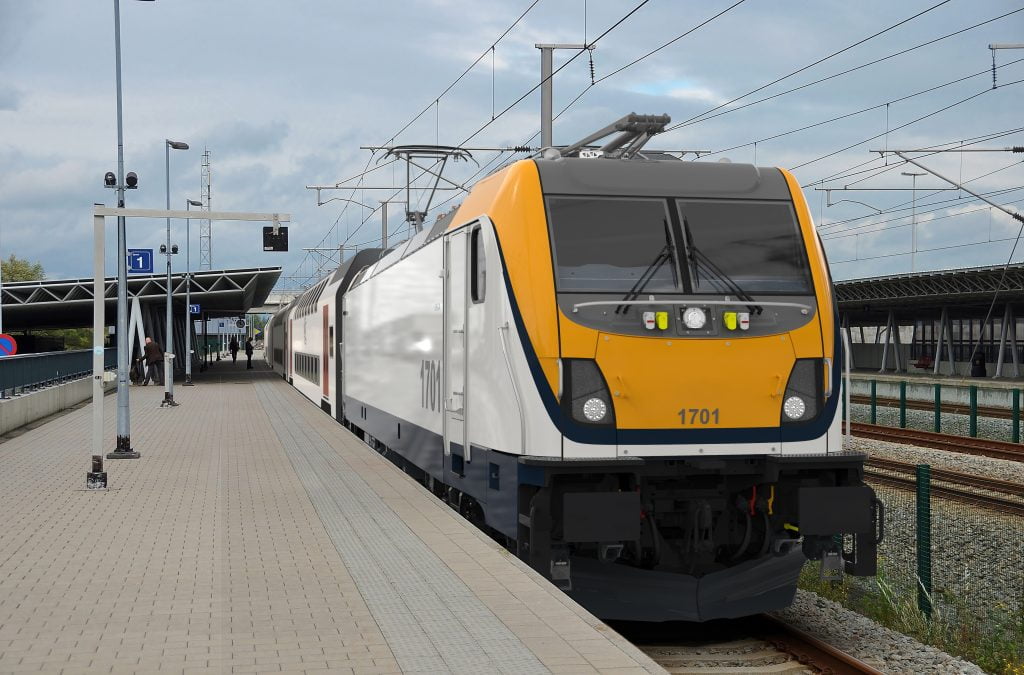Not only Filip Watteeuw, but also daily commuters, students and tourists are experiencing the consequences of delays.
Ghent, once a city where the car was king, has been transformed in recent years into a green oasis in which the bicycle and sustainable initiatives are central. The man behind this transformation, the Ghent Alderman Filip Watteeuw, is a fervent advocate of sustainable transport and urban renewal. Partly thanks to his efforts, many Ghent residents opted for the bicycle and we saw a wave of innovative and green companies appear.
But there is a big contrast between the mobility transition in Ghent and the performance of NMBS, Belgium's national railway company. Despite the expectations and the growing demand for reliable public transport, the punctuality of the NMBS falls well short of the standard. In the first half of 2023, only 87,6% of trains were officially on time – a shocking figure and the second lowest in a decade.
Watteeuw's recent experience, in which his train ride from Ghent-Dampoort to the coast took twice as long as promised, is a telling example of the larger problem. Frustrations like this often lead to complaints and open criticism, such as Watteeuw's on former Twitter, the social media platform X.

For a sustainable future, both ecologically and economically, SNCB must adapt to the changing mobility needs of the Belgian population. This means not only punctuality, but also accessibility, comfort and connectivity.
Although Watteeuw's complaints about increasing delays, incorrect information provision and missed connections are justified, they do raise questions about tactics. Should government officials publicly criticize public services on social media, or should consultations take place behind the scenes?
It cannot be denied that SNCB faces major challenges and that improvements are needed. Travelers deserve a reliable, efficient and punctual train network. But at the same time it is essential that the dialogue between policymakers, such as Watteeuw, and the NMBS remains constructive.
In an era of fast-paced social media communication, it's easy to express frustrations. But sustainable change comes through cooperation and consultation, not through public accusations.



